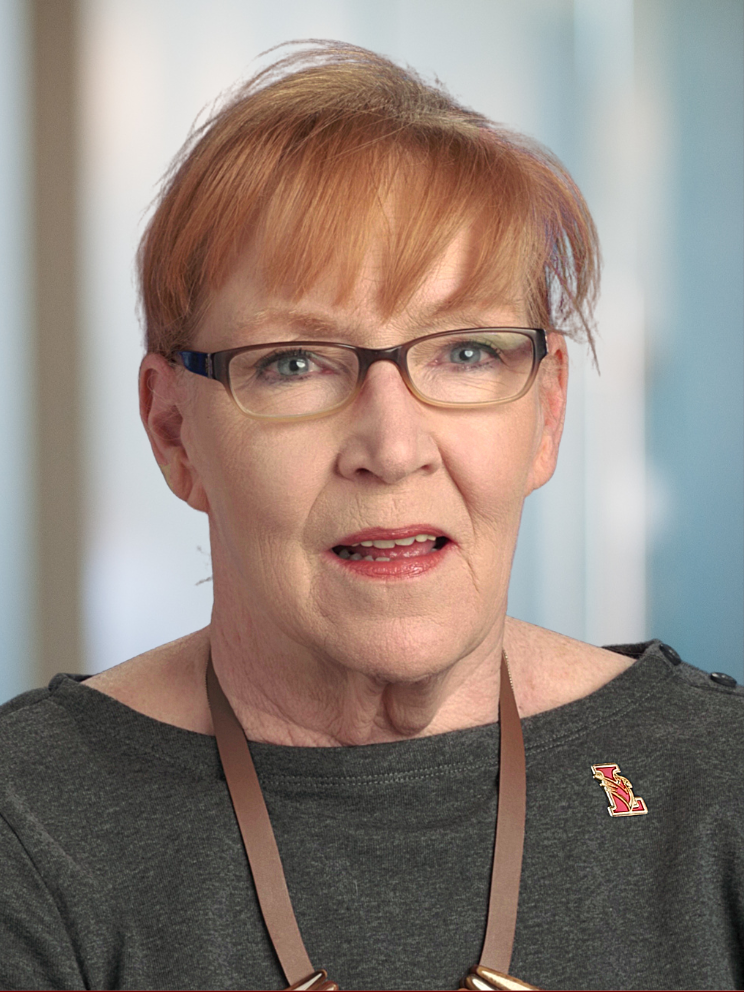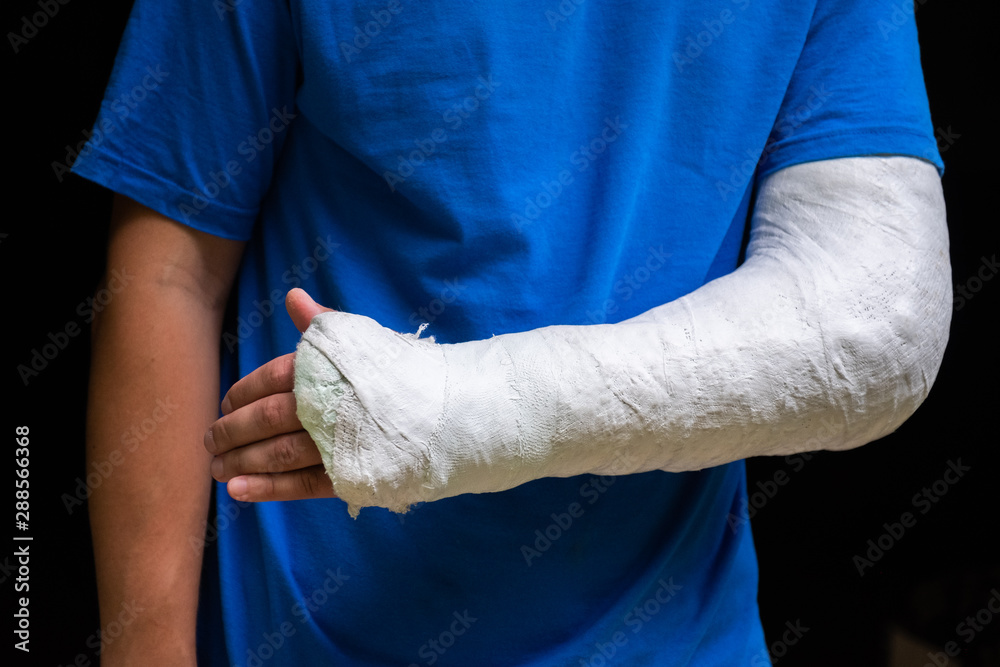There's an old joke that goes something like this:
The Japanese drink very little wine and experience fewer heart attacks than US or British citizens, while the French and Italians drink wine at every meal and experience fewer heart attacks than US or British citizens.
The Japanese eat very little fat and experience fewer heart attacks than US or British citizens, while the French and Germans eat a high-fat diet and experience fewer heart attacks than US or British citizens.
The conclusion—it’s not what you eat but speaking English that kills you!
All joking aside, the question remains: What really plays into living a long, healthy life? According to a Caring.com article I just read, there are many contributors but no single key to longevity.
The article suggests these factors are clues that you might live to 100:
- You have long-lived relatives.
- You can walk quickly and with endurance.
- You have an active social life.
- You’re young (life expectancy keeps increasing—you should outlive the older generation).
- You’re female (women live longer than men).
- You gave birth after 35.
- You’re not much of a worrier.
- You’re normal in weight or slightly overweight, not underweight or obese.
- Your chromosomes have long telomeres (telomeres protect the ends of chromosomes; the longer your telomeres, the more years you may have ahead of you).
- You have a positive outlook on life.
According to this list, I stand to fare better than many. I have a decent clip to my walk and lots of people in my life. I bore children after 35 (two after 40, actually) and I have a positive outlook on life. Where I come up short is that I know of few family members who lived past 80, I am overweight and I probably shoulder an unhealthy amount of worry. Born in 1956, my life expectancy is lower than a girl born today, who has a one-in-three chance of seeing her 100th birthday.
There are lifestyle choices I can make (managing stress better and dropping some pounds) to up my chances of living longer but I don't think learning a foreign language is one of them.

Pepper Evans works as an independent-living consultant, helping older adults age in place. She is the empty-nest mother of two adult daughters and has extensive personal and professional experience as a caregiver. She has worked as a researcher and editor for authors and filmmakers. She also puts her time and resources to use in the nonprofit sector and serves on the Board of Education in Lawrence Township, NJ.



